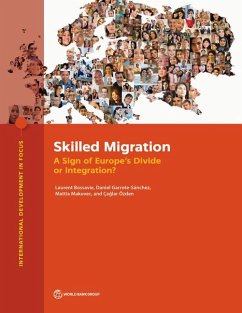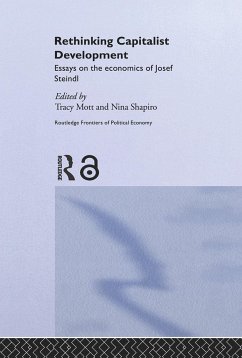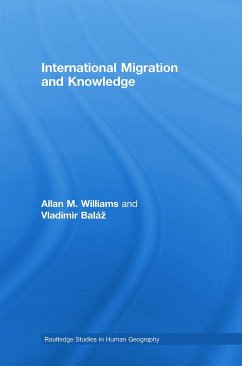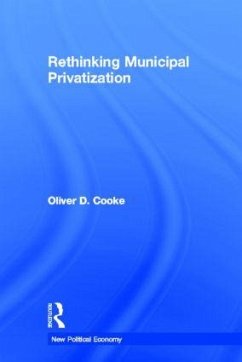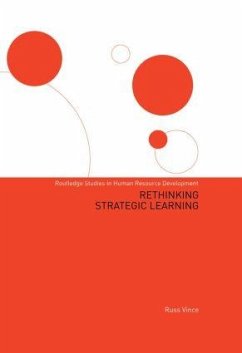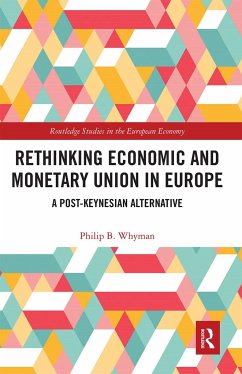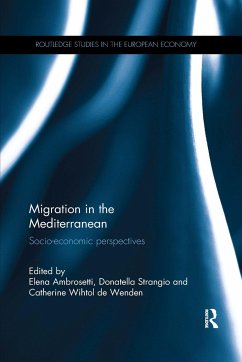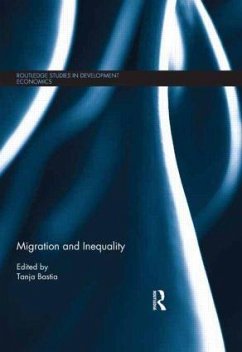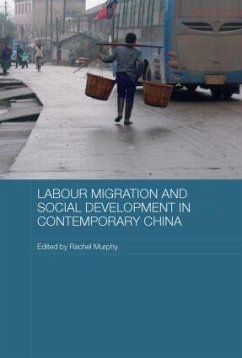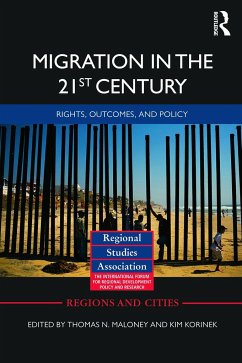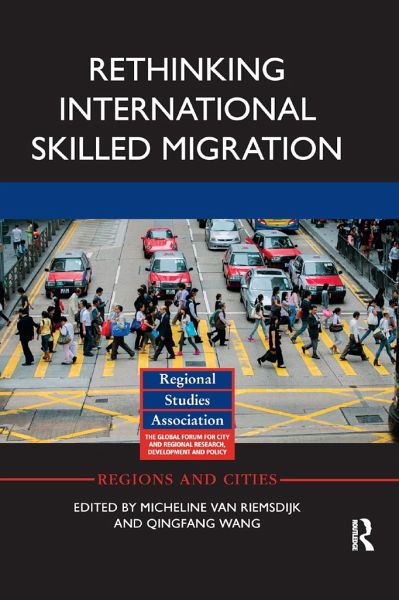
Rethinking International Skilled Migration

PAYBACK Punkte
28 °P sammeln!
In today's global knowledge economy, competition for the best and brightest workers has intensified. Highly skilled workers are an asset to companies, knowledge institutions, cities, and regions as they contribute to knowledge creation, innovation, and economic growth and development. Skilled migrants cross, and many times straddle, international borders to pursue professional opportunities. These spatial relocations provide opportunities and challenges for migrants and the cities and regions they inhabit. How have international skilled migratory flows been formed, sustained, and transformed o...
In today's global knowledge economy, competition for the best and brightest workers has intensified. Highly skilled workers are an asset to companies, knowledge institutions, cities, and regions as they contribute to knowledge creation, innovation, and economic growth and development. Skilled migrants cross, and many times straddle, international borders to pursue professional opportunities. These spatial relocations provide opportunities and challenges for migrants and the cities and regions they inhabit. How have international skilled migratory flows been formed, sustained, and transformed over multiple spaces and scales? How have these processes affected cities and regions? And how have multiple stakeholders responded to these processes? The contributors to this book bring together perspectives from economic, social, urban, and population geography in order to address these questions from a myriad of angles. Empirical case studies from different regions illuminate the multiscaled processes of international skilled migration. In particular, the contributions rethink skilled migration theories and provide insights into: the experiences of highly skilled labor migrants and international students; issues related to transnational activities and return migration; and policy implications for both immigrant source and destination countries. It also charts a future research agenda for international skilled migration research. Rethinking International Skilled Migration provides a comparative perspective on the experiences of skilled migrants across the local, regional, national, and/or global scale, paying particular attention to spatial and place-based dimensions of international skilled migration. It will be of interest to scholars and professionals in international migration, regional and national development policymakers, international businesses, and NGOs.





